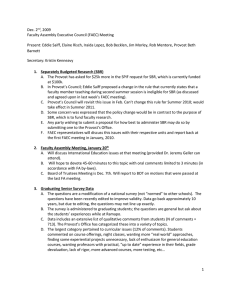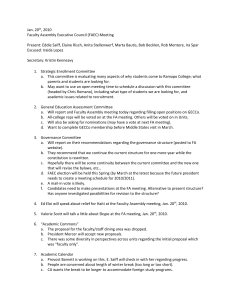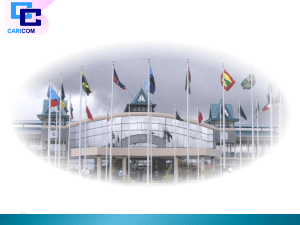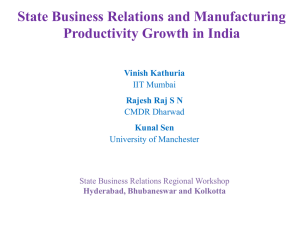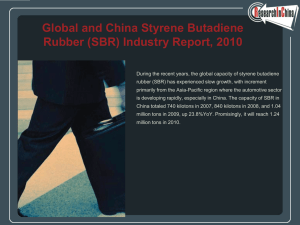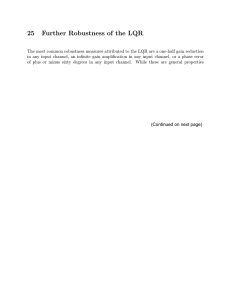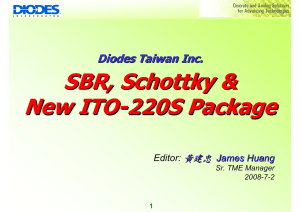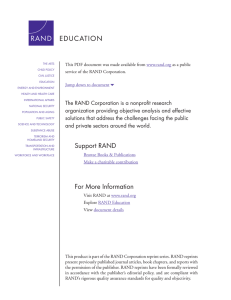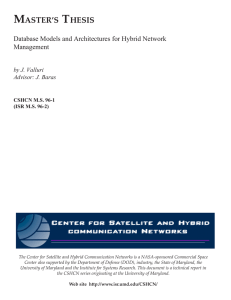Nov. 18 , 2009 Faculty Assembly Executive Council (FAEC) Meeting
advertisement
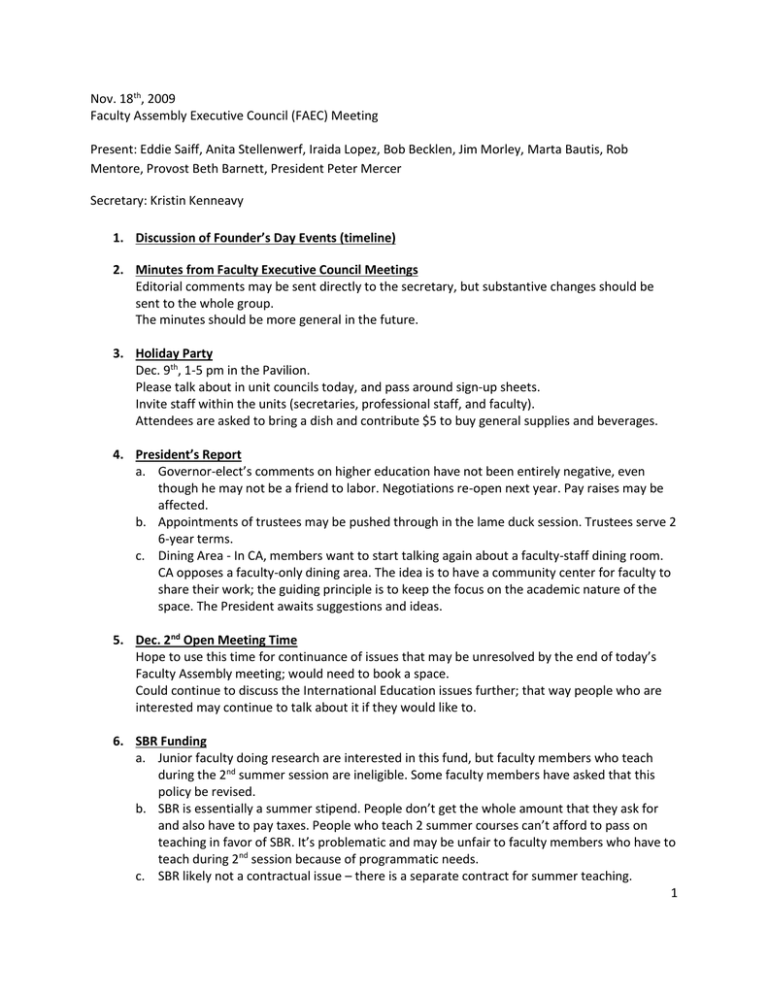
Nov. 18th, 2009 Faculty Assembly Executive Council (FAEC) Meeting Present: Eddie Saiff, Anita Stellenwerf, Iraida Lopez, Bob Becklen, Jim Morley, Marta Bautis, Rob Mentore, Provost Beth Barnett, President Peter Mercer Secretary: Kristin Kenneavy 1. Discussion of Founder’s Day Events (timeline) 2. Minutes from Faculty Executive Council Meetings Editorial comments may be sent directly to the secretary, but substantive changes should be sent to the whole group. The minutes should be more general in the future. 3. Holiday Party Dec. 9th, 1-5 pm in the Pavilion. Please talk about in unit councils today, and pass around sign-up sheets. Invite staff within the units (secretaries, professional staff, and faculty). Attendees are asked to bring a dish and contribute $5 to buy general supplies and beverages. 4. President’s Report a. Governor-elect’s comments on higher education have not been entirely negative, even though he may not be a friend to labor. Negotiations re-open next year. Pay raises may be affected. b. Appointments of trustees may be pushed through in the lame duck session. Trustees serve 2 6-year terms. c. Dining Area - In CA, members want to start talking again about a faculty-staff dining room. CA opposes a faculty-only dining area. The idea is to have a community center for faculty to share their work; the guiding principle is to keep the focus on the academic nature of the space. The President awaits suggestions and ideas. 5. Dec. 2nd Open Meeting Time Hope to use this time for continuance of issues that may be unresolved by the end of today’s Faculty Assembly meeting; would need to book a space. Could continue to discuss the International Education issues further; that way people who are interested may continue to talk about it if they would like to. 6. SBR Funding a. Junior faculty doing research are interested in this fund, but faculty members who teach during the 2nd summer session are ineligible. Some faculty members have asked that this policy be revised. b. SBR is essentially a summer stipend. People don’t get the whole amount that they ask for and also have to pay taxes. People who teach 2 summer courses can’t afford to pass on teaching in favor of SBR. It’s problematic and may be unfair to faculty members who have to teach during 2nd session because of programmatic needs. c. SBR likely not a contractual issue – there is a separate contract for summer teaching. 1 d. Funding for travel to conferences with students is available through Foundation grants. e. FAEC representatives will raise this issue in Unit Council meeting today, and changing the 2nd session rule will be brought up as a proposal at the Provost’s Council meeting on Nov. 19th. f. The proposed change will make SBR more competitive; more competition makes any given SBR award less. g. Can’t change for Summer 2010, but probably for Summer 2011. 7. Academic Calendar a. Discussion continued regarding how Winter Break might be made longer to accommodate faculty research, study abroad programs, and better online course offerings. b. An extended calendar was drawn up by Amruth Kumar the last time this matter was discussed; he will be contacted for an electronic copy of said calendar. c. Lengthening Winter Break would have to result in changes at other points in the calendar; some possibilities included reducing the amount of time for grading at the end of Spring term, coming back earlier in August, and eliminating Spring Break. Each of these suggestions has pros and cons. d. One consideration is “Senior Week” at the end of Spring term, during which students are on campus but with nothing academic to do; results in a lot of partying. e. Don’t want to have graduation the Friday of Memorial Day weekend. f. A discussion was also begun regarding the possibility of switching to a more conventional college schedule (MWF classes, TR classes). g. This suggestion might prove difficult for science labs and for production classes in CA. 8. Academic Rigor a. There was a discussion of whether more and more courses are being let out too early and whether this is especially true of three hour courses that are thought to be “too long”. b. Students have complained about classes letting out too early as well as about courses not being challenging enough. c. FAEC will look at the graduating senior data that is being analyzed by the Provost’s office and begin c conversation regarding academic rigor across programs. d. Also discussed grade inflation in light of the above. 9. Governance Review Committee Past presidents of faculty assembly were polled for their views on governance structures. The committee will come to a decision about revising this model or switching to something else. A committee will be needed to revise by-laws. By-laws provide for one standing committee (ARC). Need to do a by-laws change to introduce GECCo. GECCo will be allowed to begin to work although the committee can’t be instated until Feb. 10. Current International Education Committees It was asked whether FAEC could temporarily approve these committees so that they can continue to work. A motion was made to give a temporary charge to these committees, which was later withdrawn. There was some discussion and disagreement as to whether this was a necessary or advisable action, and whether the committees actually needed to be authorized by the FAEC. 2 Faculty Assembly President, Eddie Saiff, stated that the International Education office would continue to operate and that it would confer with the current International Committees where appropriate. 3
